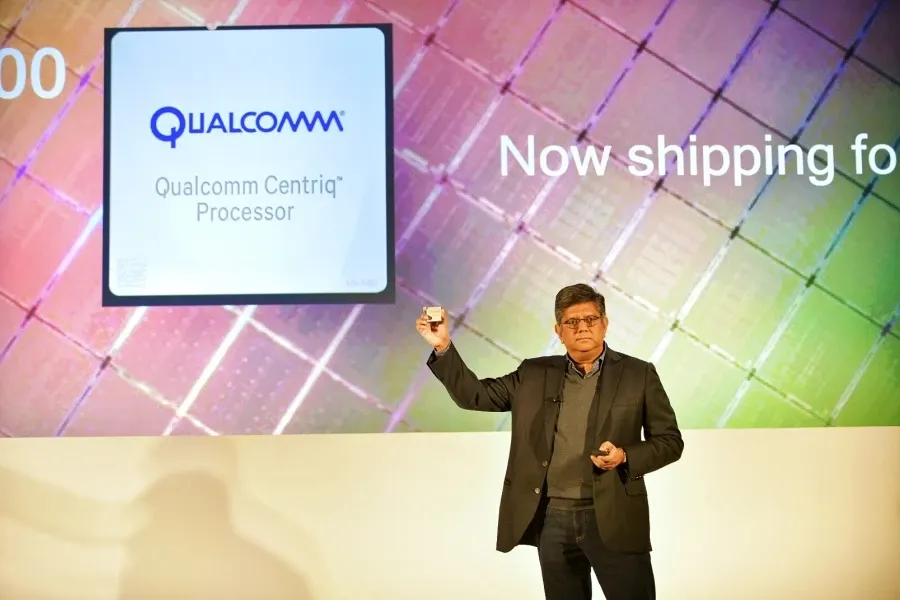Intel Builds the World’s Largest Neuromorphic System
Intel has built the world's largest neuromorphic system code-named Hala Point.

Qualcomm, trying to break Intel’s lucrative stranglehold on server chips, said it began selling a new processor that will outperform its rivals and has support from some of the industry’s biggest buyers of the technology, according to Bloomberg.
The Centriq 2400 processor, which uses ARM technology, is now on sale, Qualcomm said. The chips, which are manufactured by Samsung, offer better results than an Intel Xeon Platinum 8180 processor, based on energy efficiency and cost, Qualcomm said.
The world’s biggest maker of chips for phones is kicking off the public phase of its attempt to get into new markets just as it has become the target of what would be the largest technology takeover ever. Broadcom is offering to buy it for about $105 billion in a proposal that Qualcomm views as a low-ball bid, which may precipitate a lengthy proxy battle demanding attention from the company’s management.
Qualcomm’s server chip push, led by former Intel executive Anand Chandrasekher, is part of CEO Steve Mollenkopf’s attempt to diversify the company’ sources of revenue. He’s also targeting personal computers and is in the middle of trying to close a more than $40 billion acquisition of NXP Semiconductors, to kick-start Qualcomm’s move into the growing market for chips used in cars.
For Intel, which has more than 99 percent of the market for chips that run computer servers in data centers, Qualcomm represents the first major effort by a chip designer that uses ARM technology to break into this lucrative market. “We take all competitors seriously, and while Qualcomm is launching its very first server processor, cloud customers around the world have been rapidly adopting our newest Intel Xeon Scalable processors that deliver outstanding performance on a wide range of workloads,“ Intel said in a statement.
While ARM technology is the fundamental basis for phone chips, the designs haven’t been used much in data centers, where Intel’s designs dominate. “That’s an industry that’s been very slow moving, very complacent on the side that we’re going after,“ Paul Jacobs, executive chairman of Qualcomm, said onstage at the event. “We’re going to change that.“